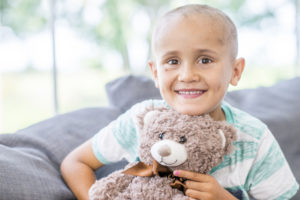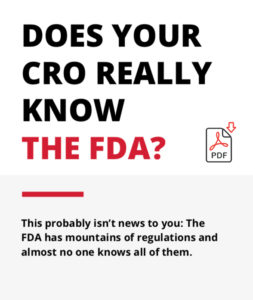Ethics and Practice in Experimental Childhood Treatment
Pediatric cancer is not simply adult cancer in a younger body. Thus, there are particular practical and ethical concerns when it comes to treating adolescents, as well as testing those treatments. In many cases, adolescents are not even eligible for such treatments.
However, when adolescents are eligible for experimental treatments, there are special considerations to be made. Adolescents should not be enrolled until after initial PK and toxicity data are known quantities for adults. Generally speaking, adolescents should not be enrolled in early phase studies unless they have relapsed after standard therapy. These adolescents should also have no standard curative therapy options.
There are also dosing considerations to be made. When dosages are body-size based, there’s no need to make an adjustment from adult treatments. Fixed dose treatments, however, minimum body weight thresholds must be defined. Forty kilograms (the average weight of a 12 year old) is the cut off — after this, most can receive the same treatment as adults. Below this weight, body weight or surface area should be used to determine dosages.
Safety data must be carefully examined and analyzed to account for age differences. Further, there must be rigorous follow up to track any developmental issues stemming from adolescent treatment.
Please read the rest of our series on the new FDA guidelines. These guidelines are important, but also exciting, as they are the result of revolutionary breakthroughs in experimental treatment.
Next Steps:
Read our analysis on other FDA Guidelines.
Schedule a one-on-one call to see how we can help with you FDA Submissions.
See how Princeton’s services can help you.
Subscribe to our blog to stay up to date.